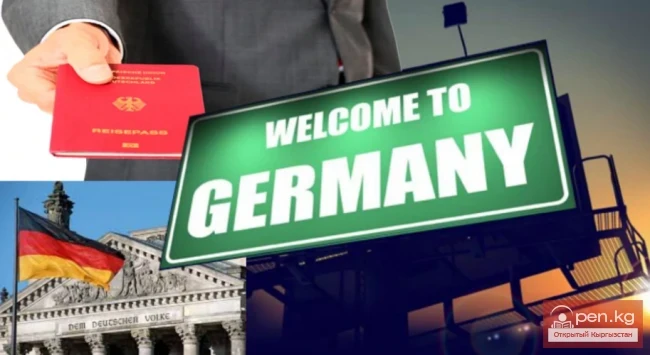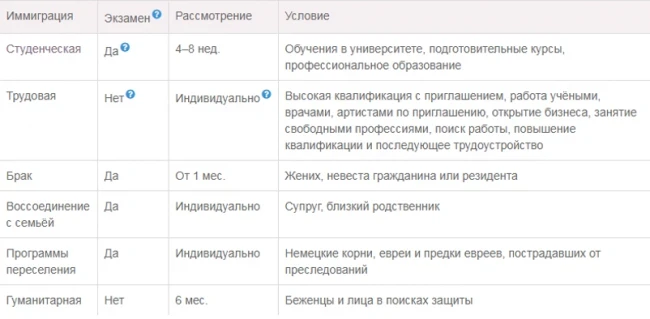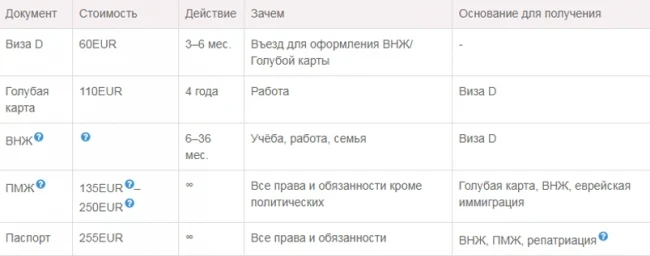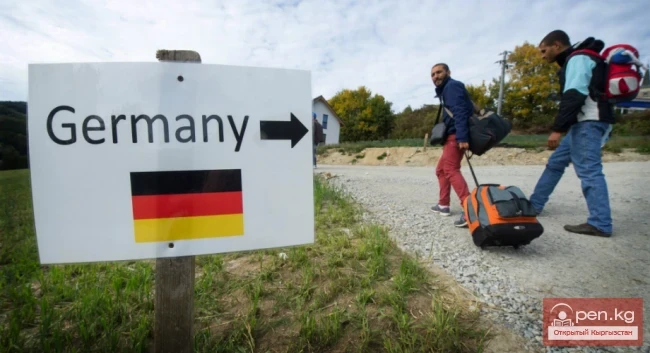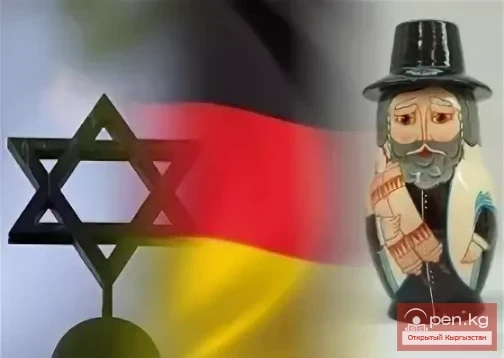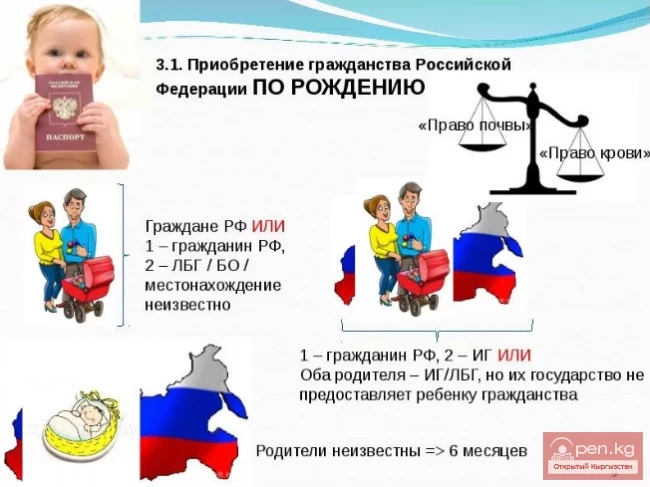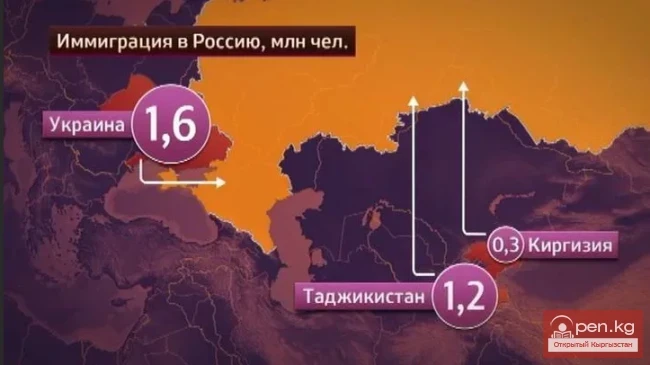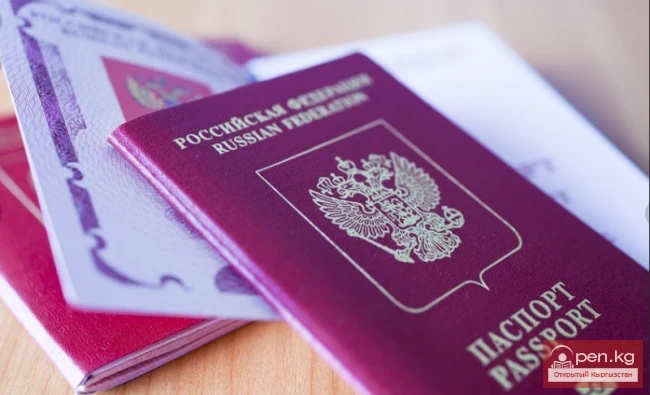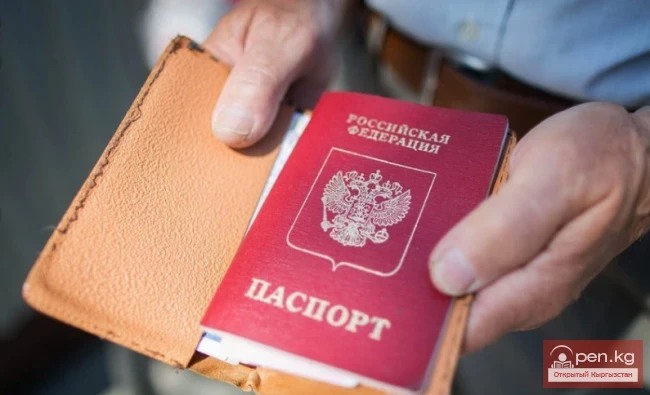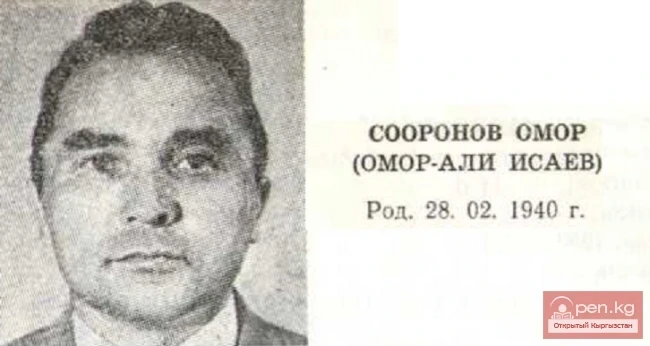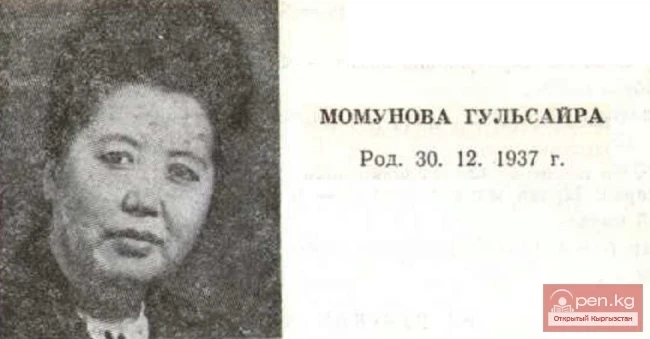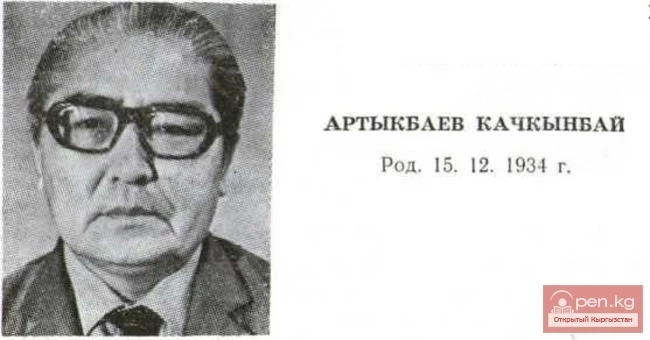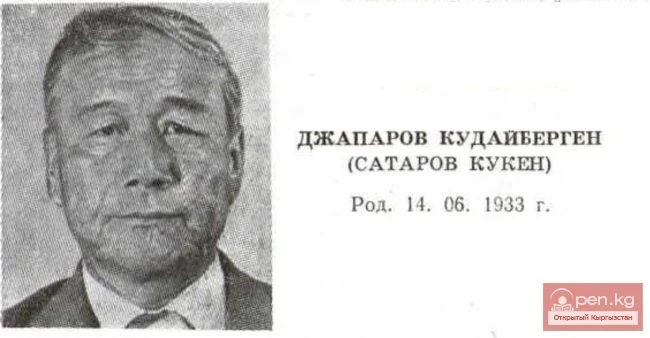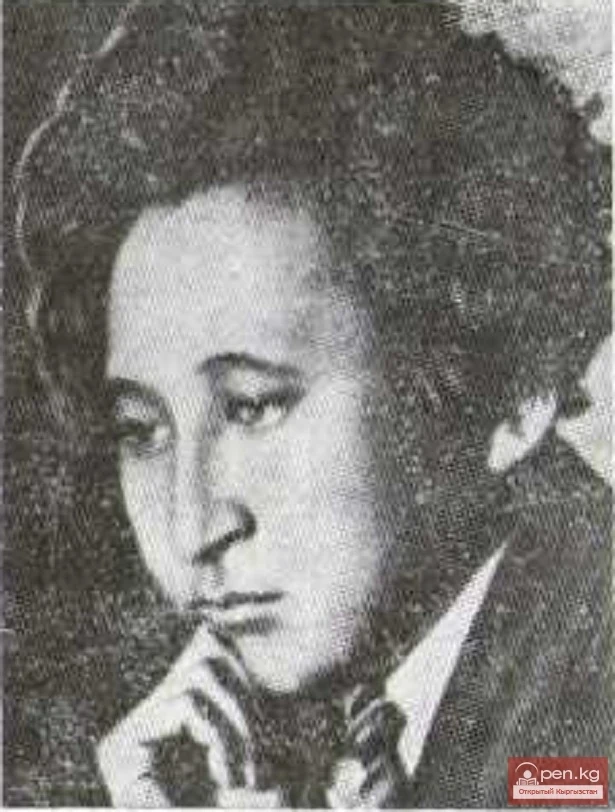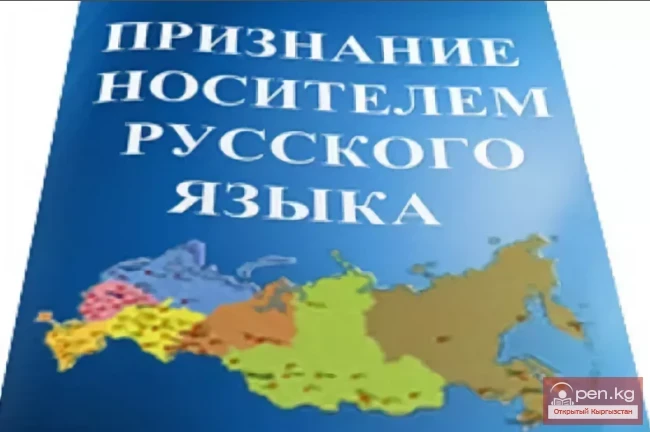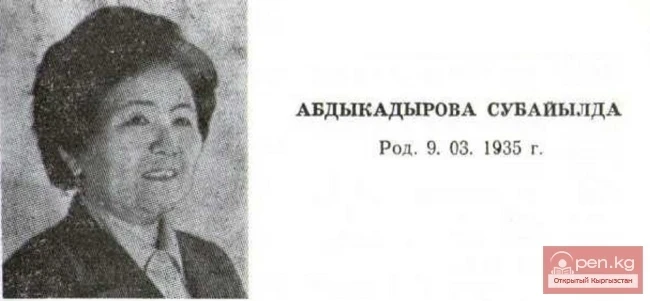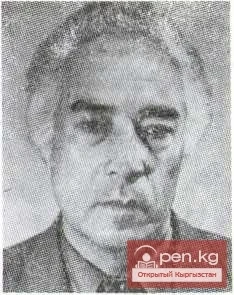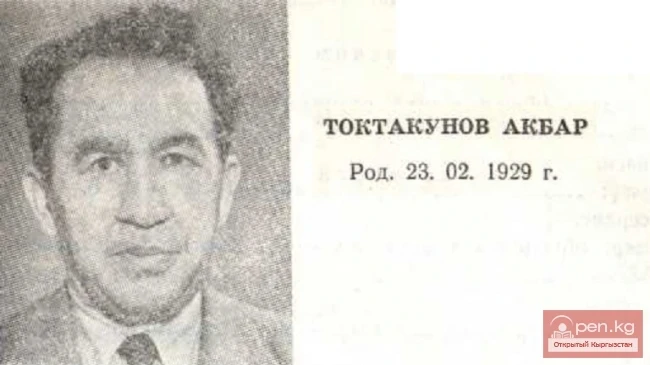Methods of Immigration to Germany
To immigrate to Germany, one must prepare for bureaucratic red tape: the candidate will need to gather a dozen or more documents, the processing and translation of which may take even longer than the visa application itself. On the other hand, moving to Germany is relatively inexpensive due to the geographical proximity of the country and reasonable visa fees. Moreover, candidates who have correctly gathered all the documents receive permission to move to Germany without any problems. The most important thing is to carefully study all the requirements for the desired type of immigration and prepare in advance without unnecessary anxiety and haste.
Methods of Immigration to Germany
Main Stages of Immigration
Choosing the method of immigration;
Obtaining a visa D for the chosen method of immigration;
Entering Germany to apply for a residence permit;
Obtaining citizenship after 3 years of living in Germany.
Documents for Various Stages of Immigration
Student Immigration to Germany
Labor Immigration to Germany
EU Blue Card for Professionals
Immigration for Scientists, Doctors, and Artists
Business Immigration and Freelance Professions in Germany
Marriage Immigration to Germany
Family Reunification in Germany
Immigration for Jews to Germany
Repatriation Program for "Late Settlers"
Humanitarian Immigration to Germany
Immigration with Family
Obtaining German Citizenship
Student Immigration to Germany
You can immigrate to Germany through education by enrolling in a university or vocational school and obtaining a student visa, and after graduation, finding a job and staying in Germany.
Unquestionable arguments for this method of immigration are the low cost of higher education and the absence of a requirement to know German if the program is conducted in English. A student visa can be obtained not only by those who already have confirmation of enrollment in an educational institution but also by applicants who have just submitted documents to a university or are attending pre-university preparation courses in Germany – the main thing is to show that the future student has enough money to live during and after enrollment, as well as to pay for tuition. If the university is ready to accept the candidate and the candidate has sufficient proof of financial viability, they will have no problems obtaining a visa and residence permit upon arrival in Germany.
Briefly about Education in Germany
Living in Germany: 1,243 USD/month.
Cost of language courses: from 250 EUR/month;
Cost of higher education: free, only semester fees are paid, starting from 400 EUR/year;
Language requirement for university admission: English, German;
Number of universities: 418;
Universities in the top 100 world universities: 3;
International students in German universities: 8.3%;
More about education in Germany.
Process of Immigration through Education
Main article Student Immigration
Searching for an educational institution and preparing documents;
Admission and obtaining an invitation from the university;
Gathering documents (original + translation + 2 copies) and applying for a national visa D for study at the German Consulate;
Review of the application (4–8 weeks);
Opening a blocked account, if required;
Entering Germany and obtaining a residence permit;
Issuing a residence permit for graduates (56 EUR–100 EUR) for up to 18 months upon successful completion of studies.
Working While Studying in Germany
Main article Student Immigration
Part-time work for 90 full days or 180 days with a schedule of 20 hours per week;
Part-time work as an assistant on university premises without restrictions;
Mandatory internship as part of exam preparation;
Voluntary internship that does not count towards the study program (90 days a year or with permission from the Labor Department).
Labor Immigration to Germany
To immigrate to Germany as a worker, it is necessary not only to find a job in advance and obtain an official invitation from the future employer but also to confirm higher education and/or work experience. Once this is done, one can apply for a work visa – it will allow entry into the country and grant the right to obtain a residence permit or EU Blue Card.
Types of Labor Immigration
EU Blue Card for Professionals
Qualified specialists with higher education who have found an employer in Germany can enter the country on a work visa and obtain an EU Blue Card. The Blue Card is analogous to a residence permit but with better conditions: it is valid for 4 years, allows staying outside Germany and the EU for up to 12 months, and does not require knowledge of the German language for its issuance. With such cards, the European Union attracts the best professionals by providing them with better living conditions. The processing of the Blue Card takes about 6 weeks after the application is submitted. The card grants the right to work and social guarantees.
Requirements for Obtaining a Visa and Blue Card
Qualification of the specialist or master's degree;
Confirmed higher education (qualification based solely on experience is not assessed);
Written guarantees of employment with an annual salary of at least 53,600 EUR or 41,808 EUR for mathematicians, engineers, IT specialists, and natural sciences professionals;
Work in Germany must correspond to the obtained qualification.
Documents for the visa to obtain a Blue Card
General document package for visa D;
Employment contract/guarantee of employment with a description of duties and requirements;
Diploma of higher education recognized in Germany;
Proof of language proficiency, if available (certificates from language schools, international exam certificates);
Employment record book;
Curriculum vitae in table format;
References from employers, recommendation letters, if available.
Process of Immigration with the EU Blue Card
Notarized translation of all documents (including apostille) into German;
Confirmation of higher education at the Central Office for Foreign Education;
Finding a future employer followed by an interview;
Receiving an official job offer or contract;
Gathering documents (original + translation + 2 copies) and applying for a visa D at the German Consulate in person;
Receiving the visa within a few weeks;
Entering Germany to start work and apply for the Blue Card;
Submitting an application for the Blue Card at the Foreigners' Office (Ausländeramt) in Bonn;
Receiving the Blue Card within a month;
Obtaining permanent residency after 33 months or after 21 months with a German B1 certificate.
Immigration for Scientists, Doctors, and Artists
Requirements for Scientists, Doctors, and Artists
Confirmed professional qualification;
Invitation for work or signed contract;
Knowledge of German only for doctors (B2).
Documents for the Visa for Scientists
General document package for visa D;
Employment contract/guaranteed job offer or contract with a research institution;
Confirmed diploma of the last higher education;
Proof of language proficiency, if available (certificates from language schools, international exam certificates);
Employment record book;
Curriculum vitae in table format;
References from employers, recommendation letters, if available.
Documents for the Visa for Doctors
General document package for visa D;
Employment contract/guarantee of the doctor's job;
Confirmed diploma;
Proof of German language proficiency of at least B2;
Permit for professional activity as a doctor;
Employment record book;
Curriculum vitae in table format without gaps between time periods, with full address and contact information;
References from employers, recommendation letters, if available.
Documents for the Visa for Artists
General document package for visa D;
Medical insurance covering sports and professional injuries;
Employment contract/engagement;
Confirmed document of professional education;
Employment record book;
Curriculum vitae in table format;
References from employers, recommendation letters, if available.
Stages of Immigration for Scientists, Doctors, and Artists
Notarized translation of all documents (including apostille) into German;
Confirmation of professional qualification;
Agreement with the receiving party;
Receiving confirmation of acceptance;
Gathering documents (original + translation + 2 copies) for visa D;
Submitting an application for visa D at the German Consulate in person;
Receiving the visa within 1–2 months;
Entering Germany and obtaining a residence permit.
Requirements for employees of international personnel exchange within the company or for those entering into a contract may vary slightly.
How to Increase the Chances of Obtaining a Work Visa
Attach a complete set of documents. The lack of even one of them will be a reason for refusal;
Add recommendation letters from previous places of study and work.
Immigration to Germany from Kyrgyzstan. Part - 2. Business, Marriage, Family
